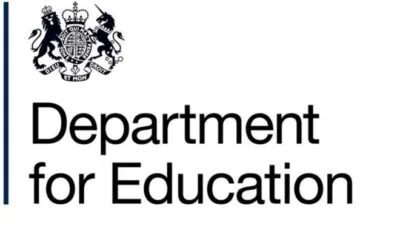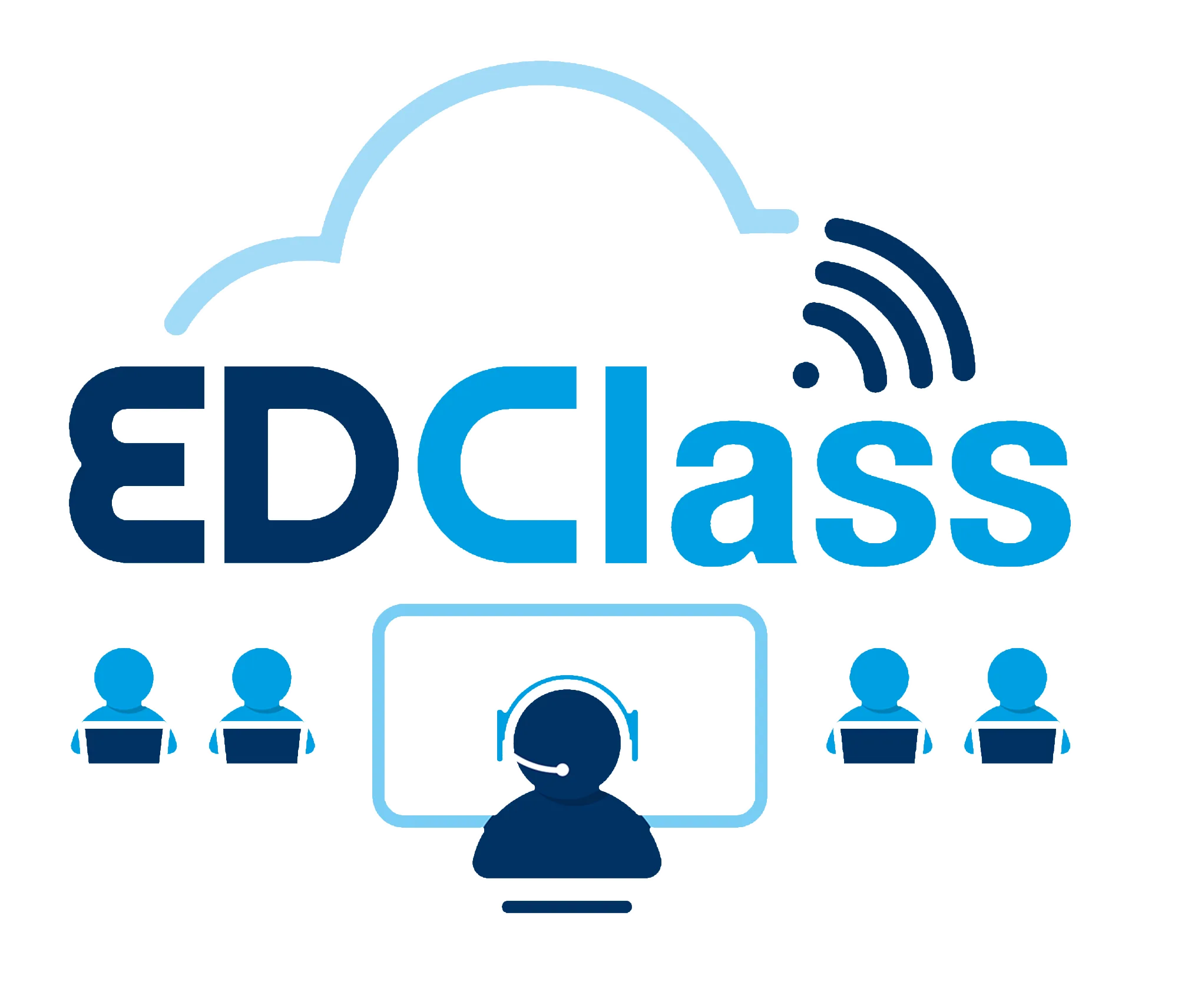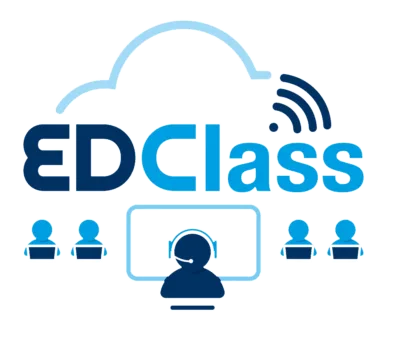Safeguarding at the heart
Strategic Partner
Continuity of Education
Pupil-centred approach
Safeguarding at the heart
Strategic Partner
Continuity of Education
Pupil-centred approach
Safeguarding at the heart
Strategic Partner
Continuity of Education
Pupil-centred approach
Safeguarding at the heart
Strategic Partner
Continuity of Education
Pupil-centred approach
Safeguarding at the heart
Strategic Partner
Continuity of Education
Pupil-centred approach
Safeguarding at the heart
Strategic Partner
Continuity of Education
Pupil-centred approach

EDClass is proud to be accredited by the Department for Education as a provider of online education.
This accreditation signifies our commitment to providing high-quality, nationally recognised online education for your child.
Recognised Quality
EDClass courses meet rigorous national standards. Learners receive a valuable education that aligns with curriculum guidelines, ensuring they are well-prepared for their academic journey.
Proven Effectiveness
The DfE accreditation process is comprehensive. You can trust that EDClass has been thoroughly assessed and continuously improves to provide the best learning experience.
Trusted Education
DfE accreditation is a mark of credibility. Your pupil's learning journey with EDClass helps elevate their knowledge and understanding, engagement, confidence and supports successful reintegration in a safeguarded manner.
What is EDClass?
EDClass is a DfE-accredited provider of online education and alternative provision. The platform offers a virtual learning classroom and management portal with resources to improve outcomes in learning, assessment, and catch-up.
Alternative Provision
EDClass is used by many schools and academies as a trusted online alternative provision that promotes personal development so children are well-prepared for adulthood.
Personalised Learning
EDClass is a powerful toolbox with a variety of tools that can assist your school or Multi-Academy Trust. This is achieved through personalised learning to match your curriculum, scheduled pathways of study and timetabled support for pupils.
Secure Platform
EDClass works in partnership with schools and Multi-Academy Trusts to constantly monitor pupils learning, attainment, interactions, engagement, and behaviour in a safe and secure learning environment.
OEAS Accreditation
EDClass has successfully been accredited under the Online Education Accreditation Scheme (OEAS) adhering to several standards regarding safeguarding, teaching, learning and alternative provision.
Safeguarding
EDClass plays a critical role in safeguarding vulnerable students by providing a safe and supportive environment where they can receive a tailored curriculum where teaching, learning, engagement, and interaction are totally personalised for their needs with constant supervision from our teaching and safeguarding team.
Vulnerable Pupils
EDClass offers students the opportunity to catch up on missed work, develop essential skills, and address any underlying issues that may be contributing to their vulnerability. By providing a safe space for students to learn and grow, EDClass can help to prevent them from becoming further marginalised and at risk of harm.
Intervention and Reintegration
By working closely with MATs, LAs, academies, schools and families, EDClass provides support to address the root causes of exclusion and develop strategies for successful reintegration alongside breaking barriers to learning. This not only benefits the students involved but also helps to improve the overall climate of schools and communities.
Behaviour Repair
EDClass's behaviour repair programs also play a crucial role in promoting positive behaviour and reducing exclusions. By providing students with the tools and support they need to develop self-awareness and manage their emotions, EDClass can help to prevent disruptive behaviour and create a more inclusive learning environment.
Inclusive Education
EDClass's commitment to inclusive education ensures that all students, regardless of their background or abilities, have access to quality education. By providing tailored support and resources, EDClass helps to create a more equitable and inclusive learning environment for all students.
Read Ofsted’s report of their accreditation visit to EDClass
EDClass for Local Authorities
EDClass understands the complexities of fulfilling Section 19 duties and ensuring the safety and well-being of children in need. Our comprehensive online learning platform provides a valuable tool for local authorities to support vulnerable children and young people.
Explore EDClass Solutions for Local Authorities
EDClass for MATs & Schools
EDClass understands the unique challenges and opportunities faced by Multi-Academy Trusts (MATs). Our comprehensive educational solutions are designed to empower MATs to achieve their vision, improve educational performance, and foster a positive culture across their schools.
Optimise your MAT with EDClass
EDClass for Parents
EDClass empowers parents to actively support their child’s education. Track progress, engage with teachers, and access a secure online platform designed to improve outcomes and inspire learning.


